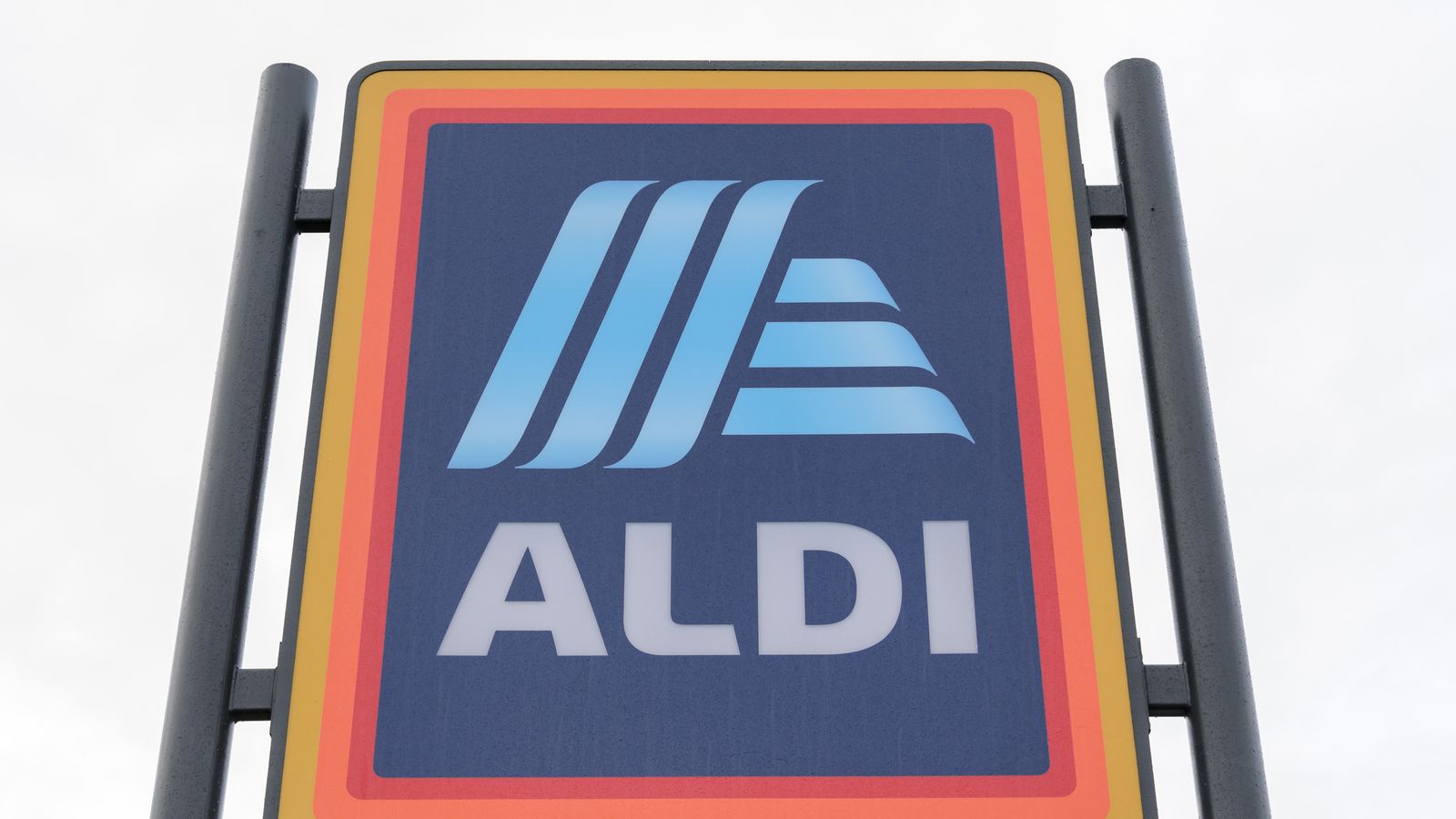Aldi has revealed plans to create 2,000 jobs next year as it reported a dip in annual profits partly blamed on the pandemic.
The German-owned discount supermarket said it was investing £1.3bn over the next two years, adding 100 new stores and a logistics centre in Leicestershire, as it aims to ramp up further its share of the UK grocery market.
Aldi said sales in the UK and Ireland rose 10.2% to £13.5bn in 2020 but that pre-tax profits dipped by 2.5% to £264.8m thanks to “continued investment in price and the cost of responding to the pandemic”.
The company does not publish like-for-like sales figures – a metric that strips out the impact of store expansion in boosting overall sales.
But it pointed to industry data showing more than 60% of households had shopped with Aldi at some point over the year.
The new jobs at Aldi will add to 7,000 permanent roles already created over the past two years, the company said.
It is now investing in innovations such as click-and-collect, which has already been rolled out to 200 stores, and plans for a check-out free concept store in Greenwich, south east London.
Fuel supply crisis: Competition laws suspended to tackle shortages – as government considers calling up army
Fuel supply crisis live: Up to 90% of some petrol brands ‘running dry’; long queues as panic buying continues
Labour conference 2021: Shadow chancellor Rachel Reeves pledges to scrap business rates to boost ‘struggling’ high streets
Aldi currently has more than 920 UK stores.
Giles Hurley, chief executive for Aldi UK and Ireland, said the supermarket had experienced “some of the most difficult conditions our sector has ever seen” over the year.
Discounters Aldi and Lidl have presented a major challenge to established retailers in recent years, gnawing at the market share of the big four chains Tesco, Sainsbury’s, Asda and Morrisons.
Aldi is now Britain’s fifth biggest grocery retailer by market share, ahead of the likes of Co-op and Waitrose.
Like a number of other retailers that were allowed to stay open during the pandemic, it has returned business rates relief granted during the pandemic, describing the move as “the right thing to do”.






















